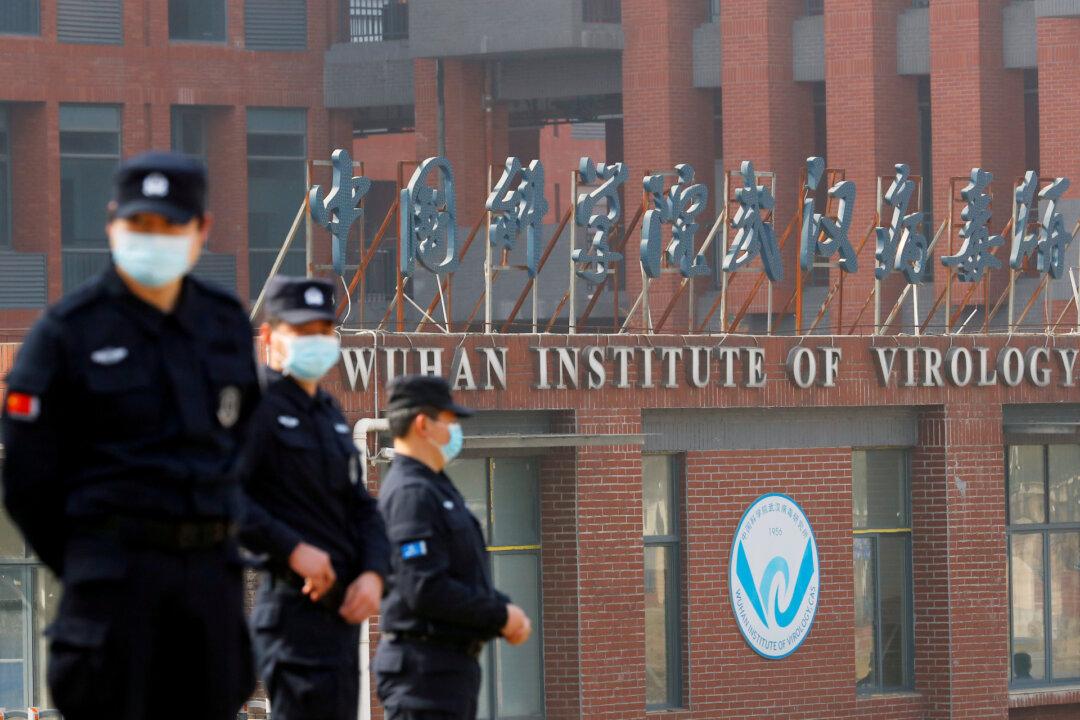Sen. Joni Ernst (R-Iowa) is introducing legislation to ensure that federal grant recipients such as the EcoHealth Alliance disclose to funding agencies whenever they, in turn, pass funds to other recipients, such as the virology lab in Wuhan, China.
“Despite skirting federal law and refusing to disclose how much U.S. taxpayer money was funneled to Communist China’s Wuhan Institute of Virology (WIV) and the details about the coronavirus research the funding supported, EcoHealth Alliance was rewarded with another $7.5 million,” Ernst said in a statement on June 15.





